“We are essentially dealing with a matter of national security,” PM Orban said in his interview on Kossuth Radio’s Good Morning, Hungary! program, in reference to the controversy surrounding Romulusz Ruszin-Szendi. The former Chief of General Staff is under scrutiny for reportedly concluding his NATO speeches with the phrase “Slava Ukraini!” (Glory to Ukraine! – ed.) Quoting a line from the Hungarian film The Witness, Mr. Orban added, “The international situation is intensifying.”
PM Orban emphasized that the crux of the issue is Ukraine’s potential EU membership. “There are two kinds of countries: those that oppose it and those that support it,” he stated. Among the opponents, there are two further types, he added: those that are cunning, going with the flow, and planning to block Ukraine’s accession during the negotiation process.
Hungary openly opposes Ukraine’s EU membership and has been vocal about it. “This is why Hungary has found itself at the center of international attacks,
– he reminded listeners.
The pro-Ukraine forces have infiltrated even the highest levels of the military, PM Orban added. He expressed relief that one of the most serious infiltrations was exposed in time. However, he said he regrets the ensuing debate, as he believes it’s best to keep the military as far from politics as possible. At the same time, he said his conscience was clear, and he maintains that the military was not politicized by the government, but by the former Chief of General Staff, who entered politics. “It would be best to dismantle this situation as soon as possible,” he emphasized.
Brussels Wants a Puppet Government
Together, Brussels and Ukraine are building a puppet government, with the goal of changing Hungary’s Ukraine policy, PM Orban said. This would result in a pro-Brussels government and a pro-war defense minister in Hungary. “Let there be no doubt: both Tisza and the Democratic Coalition (DK) openly stand with Ukraine,” Mr. Orban warned.
He underlined that in Brussels, the main topic of conversation is Ukraine. As he put it, this is the number one issue in international politics in Brussels today.
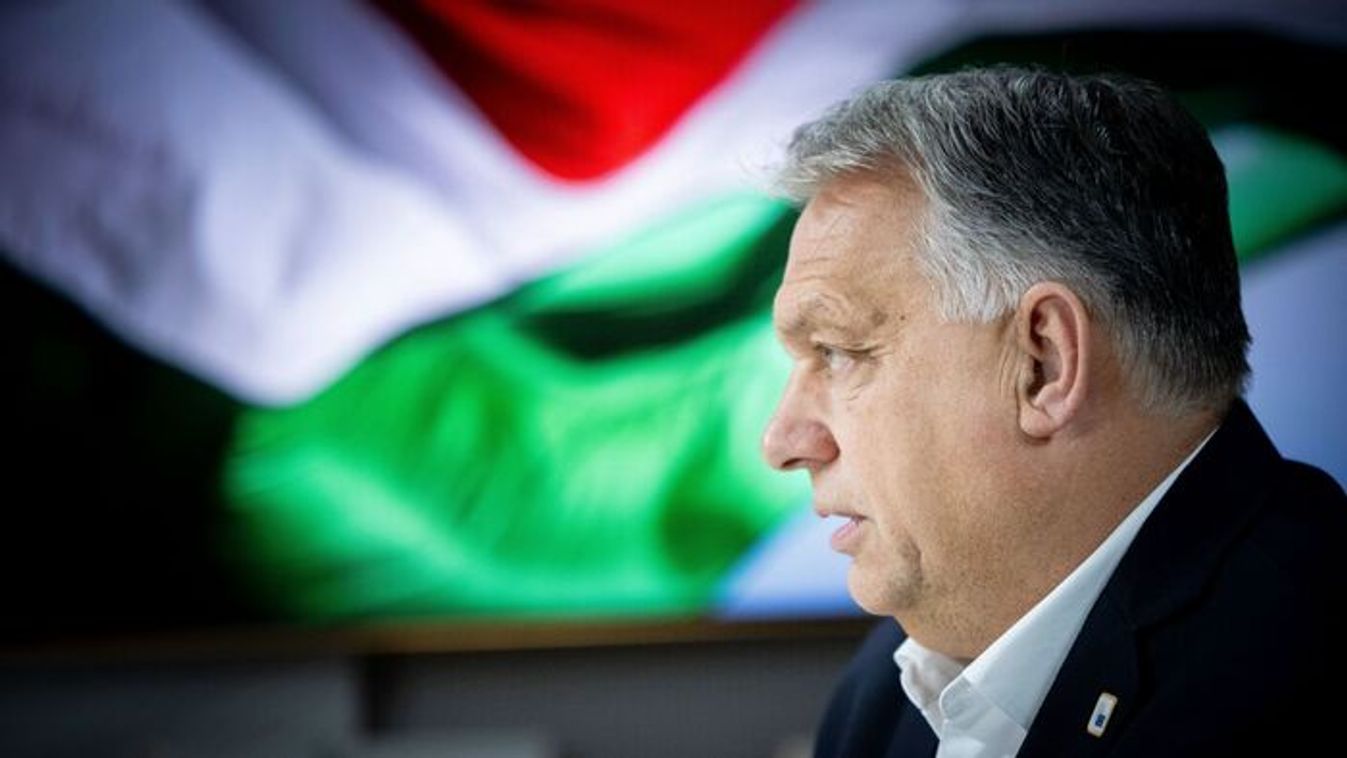
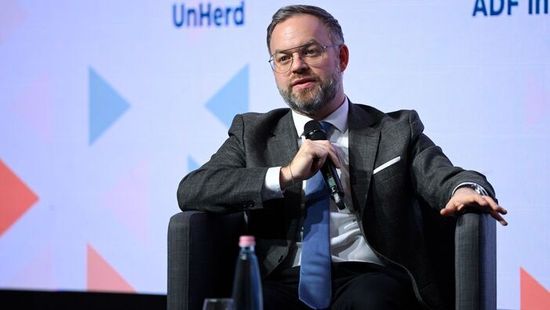
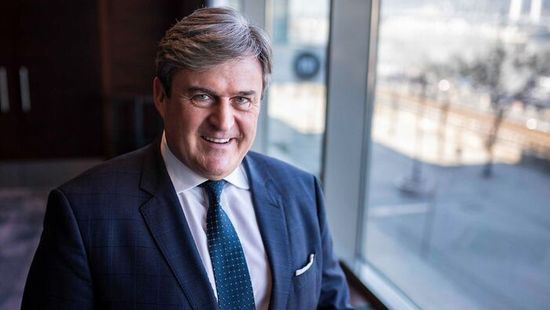
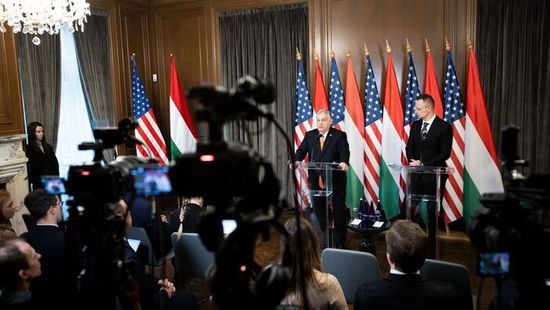
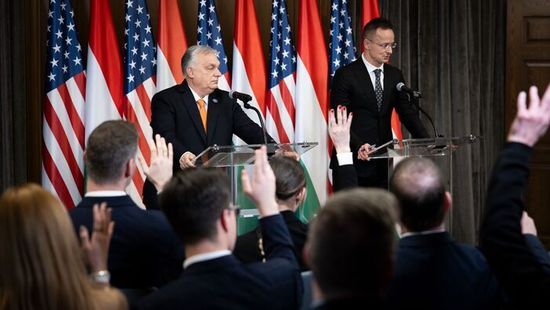

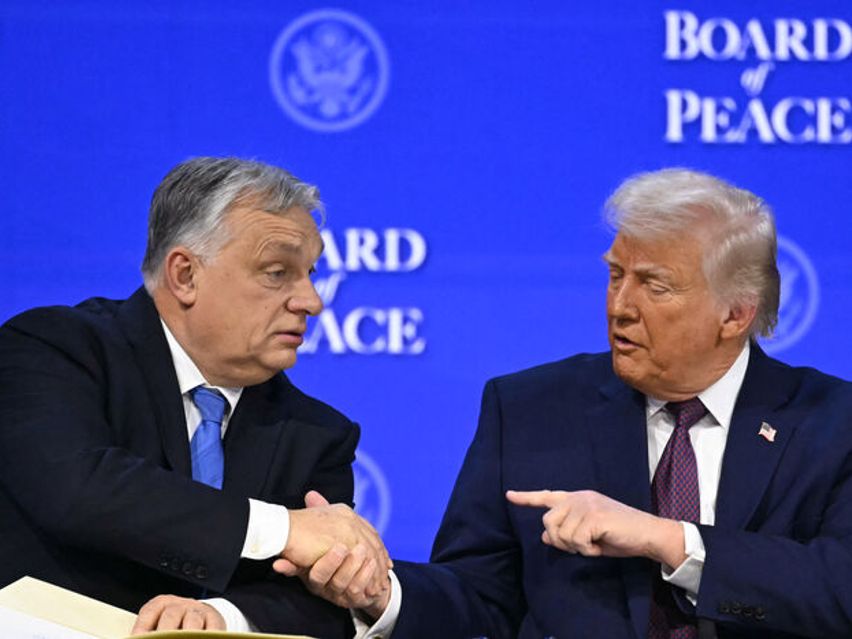
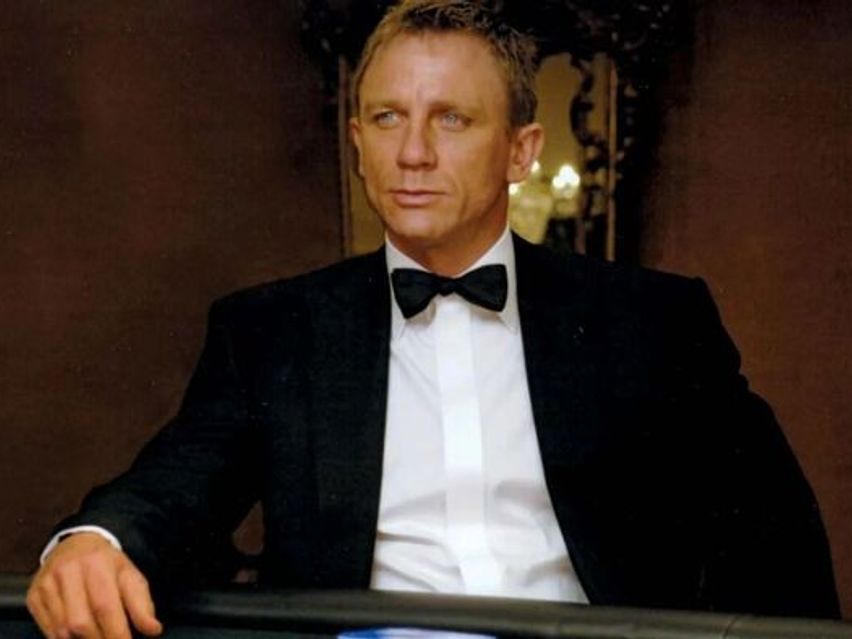
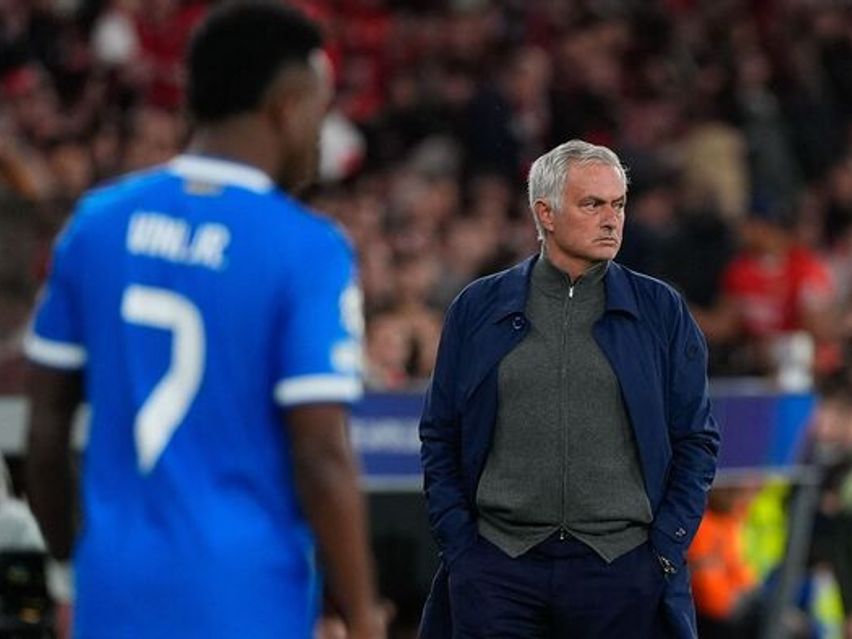
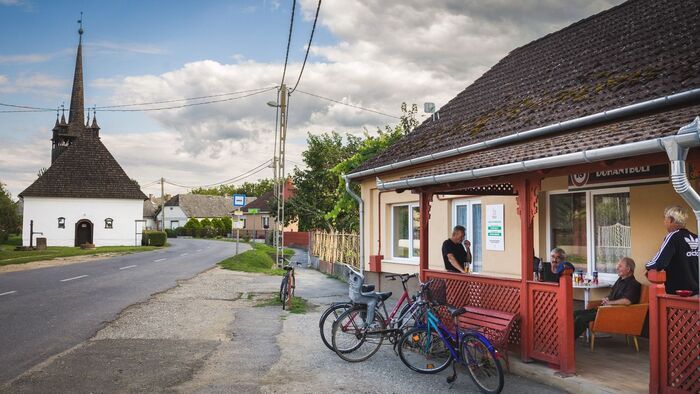

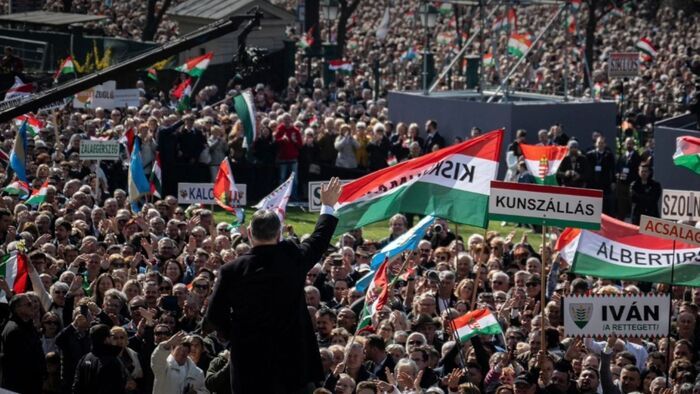
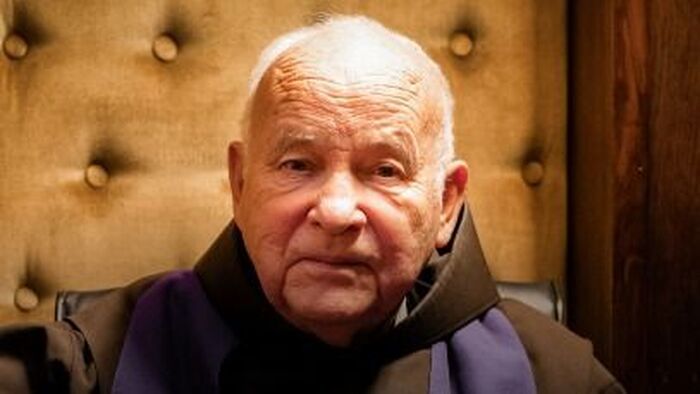
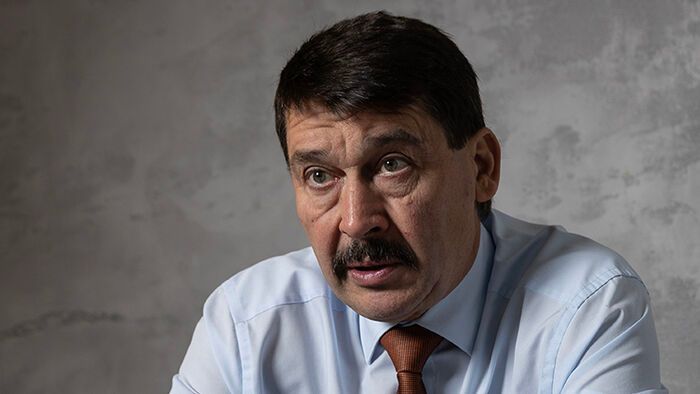
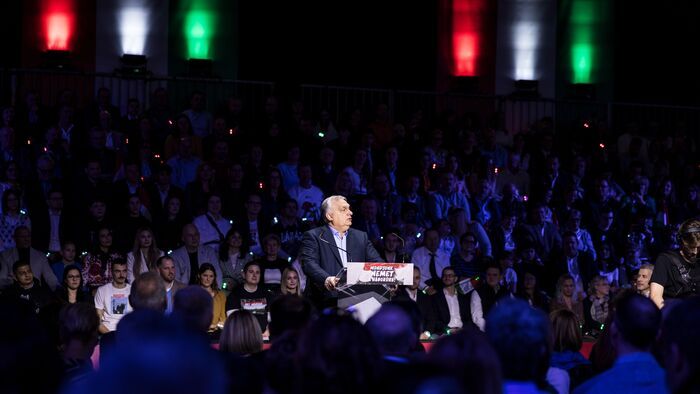
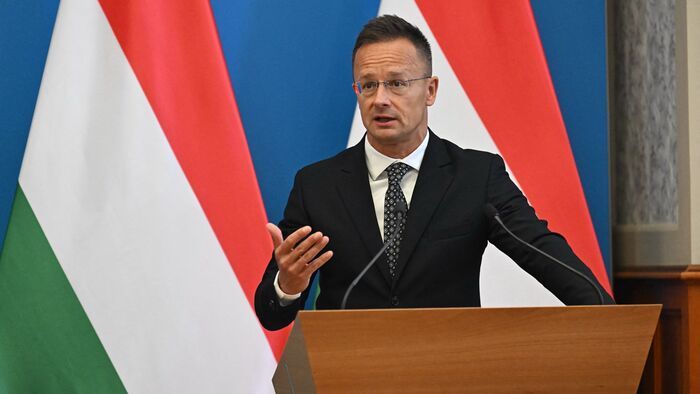

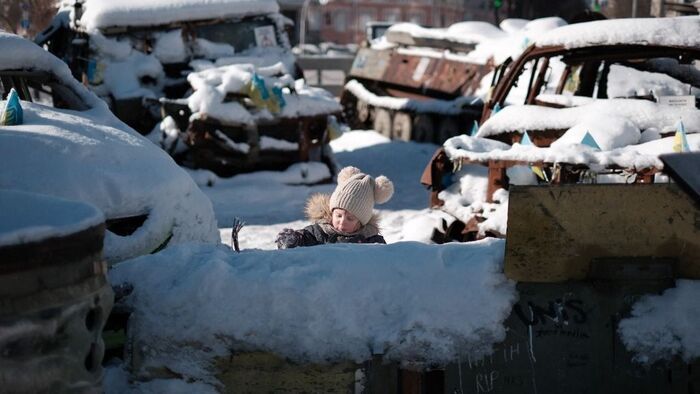
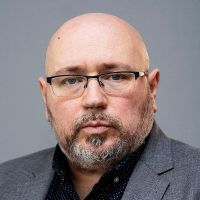

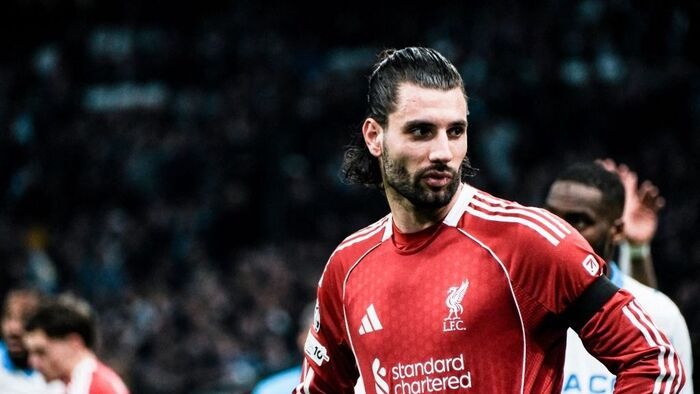
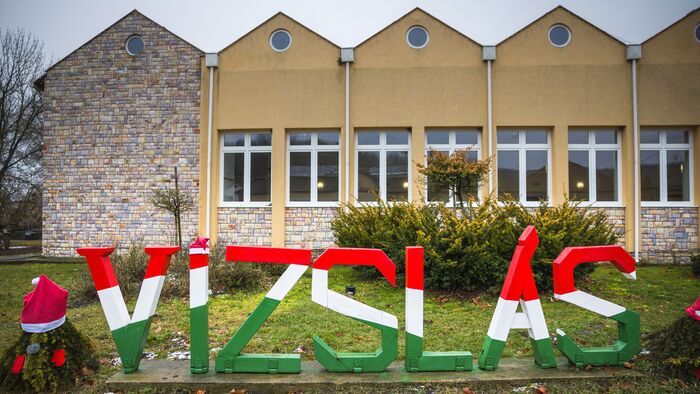

Szóljon hozzá!
Jelenleg csak a hozzászólások egy kis részét látja. Hozzászóláshoz és a további kommentek megtekintéséhez lépjen be, vagy regisztráljon!